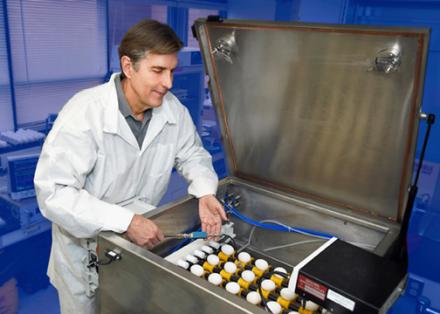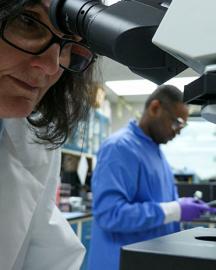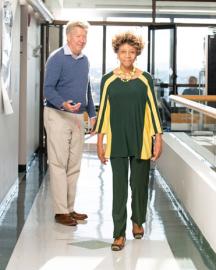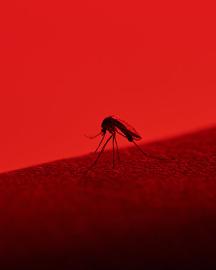Taking Pasteurized Shell Eggs to a New Level

ARS scientists at the Food Safety and Intervention Technologies Laboratory in Wyndmoor, PA, have hatched a way to produce safer eggs without jeopardizing quality. The Centers for Disease Control and Prevention estimates that about 1.2 million Americans are sickened with Salmonella each year. Working with industry partners, the researchers are improving upon ARS’s previously patented radio frequency pasteurization (RFP) process to kill Salmonella bacteria in shell eggs. RFP involves shooting radio frequencies of about the same power as a microwave oven into the egg while the egg spins under a stream of water to prevent it from overheating. In essence, RFP pokes holes in the membranes of bacteria inside the egg.
The team has moved beyond a small-scale prototype that required manual egg spinning under ionized water and successfully tested a larger scale RFP unit that automatically turns the eggs and uses tap water, thus paving the way for a commercial-scale unit. The modifications will help prevent a significant source of foodborne illness while saving $10,000 to $100,000 per RFP unit, making it more economical to pasteurize shell eggs.







